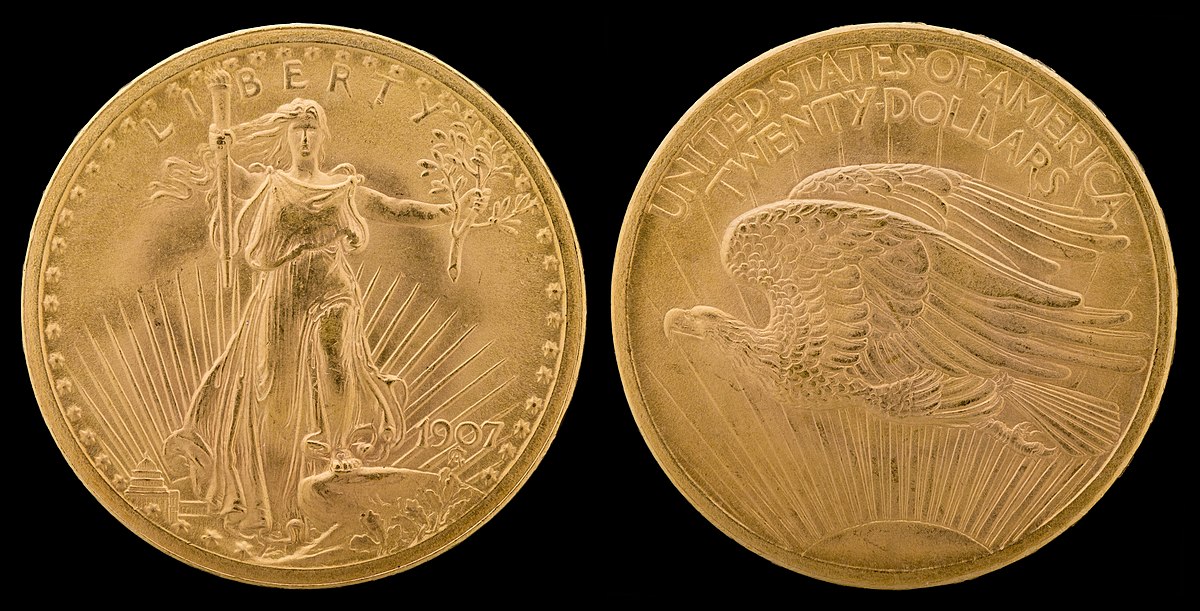- Messages
- 2,059
- Reactions
- 2,553
I like the cold storage wallet. It's innocuous. You can store tens of millions on there and leave the country.
No bank transfers, accounts etc. Unless you want to buy or sell on an exchange. Then you're back on the grid.
But that's the issue. If you wanted to avoid the exchange and sell some to live off of, how? Meet someone in a parking lot, get cash then send them a little coin? How do they know you will after you get the cash?
What's to keep them from robbing you and asking for the keys?
Mine is biometric and I'd only put what I need on a different wallet before meeting them with that wallet.
Thoughts?
No bank transfers, accounts etc. Unless you want to buy or sell on an exchange. Then you're back on the grid.
But that's the issue. If you wanted to avoid the exchange and sell some to live off of, how? Meet someone in a parking lot, get cash then send them a little coin? How do they know you will after you get the cash?
What's to keep them from robbing you and asking for the keys?
Mine is biometric and I'd only put what I need on a different wallet before meeting them with that wallet.
Thoughts?














